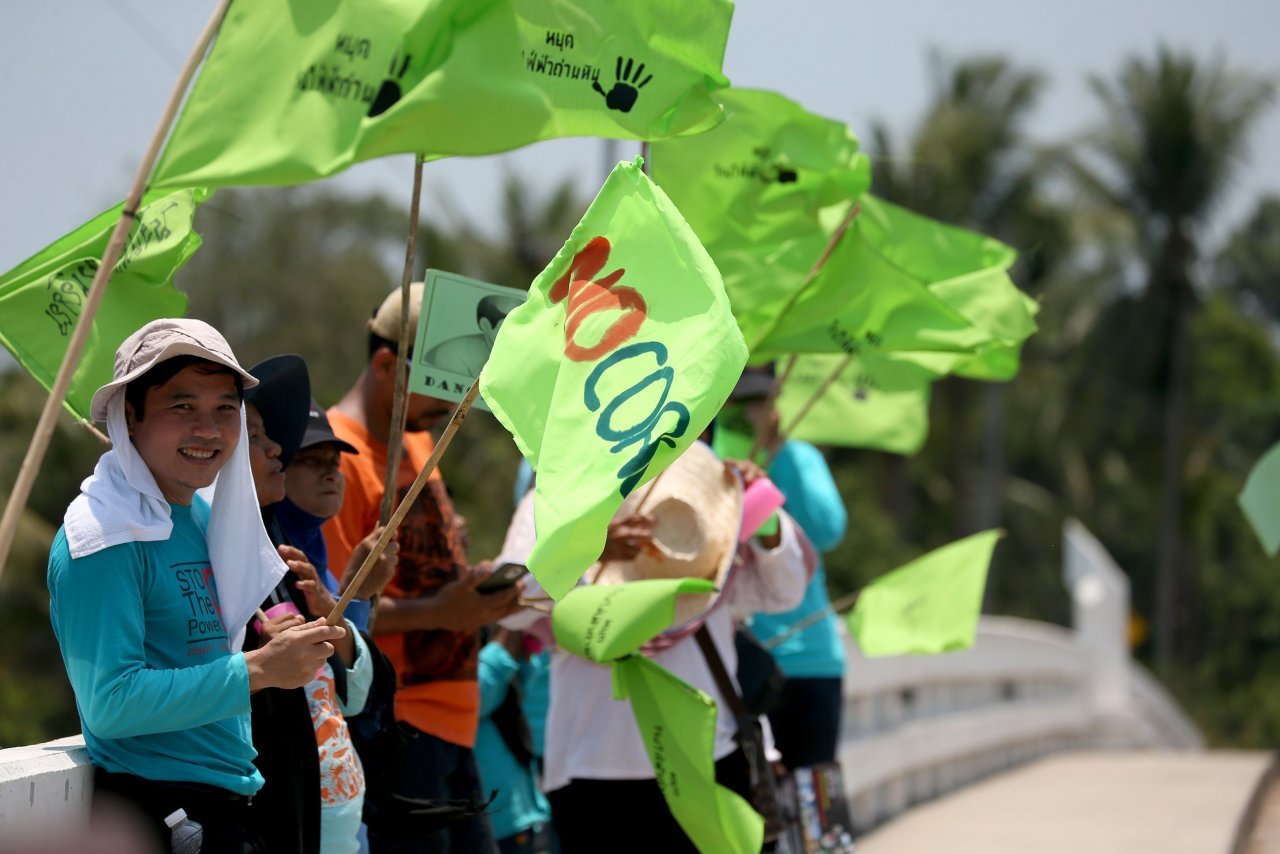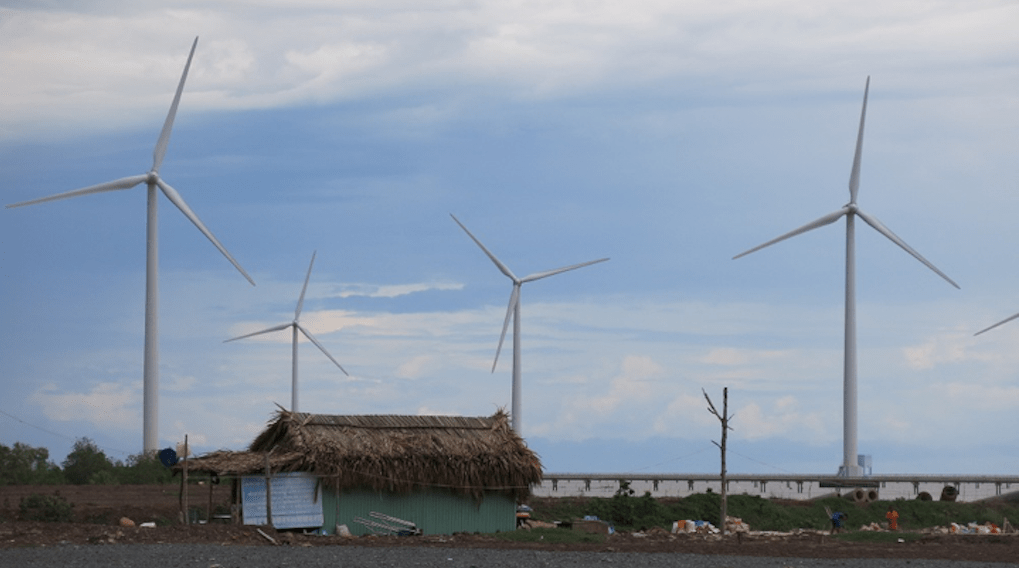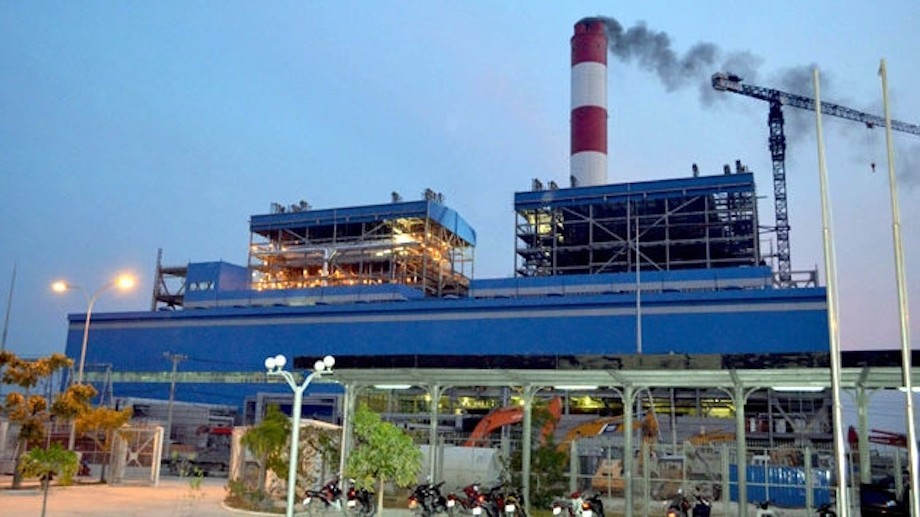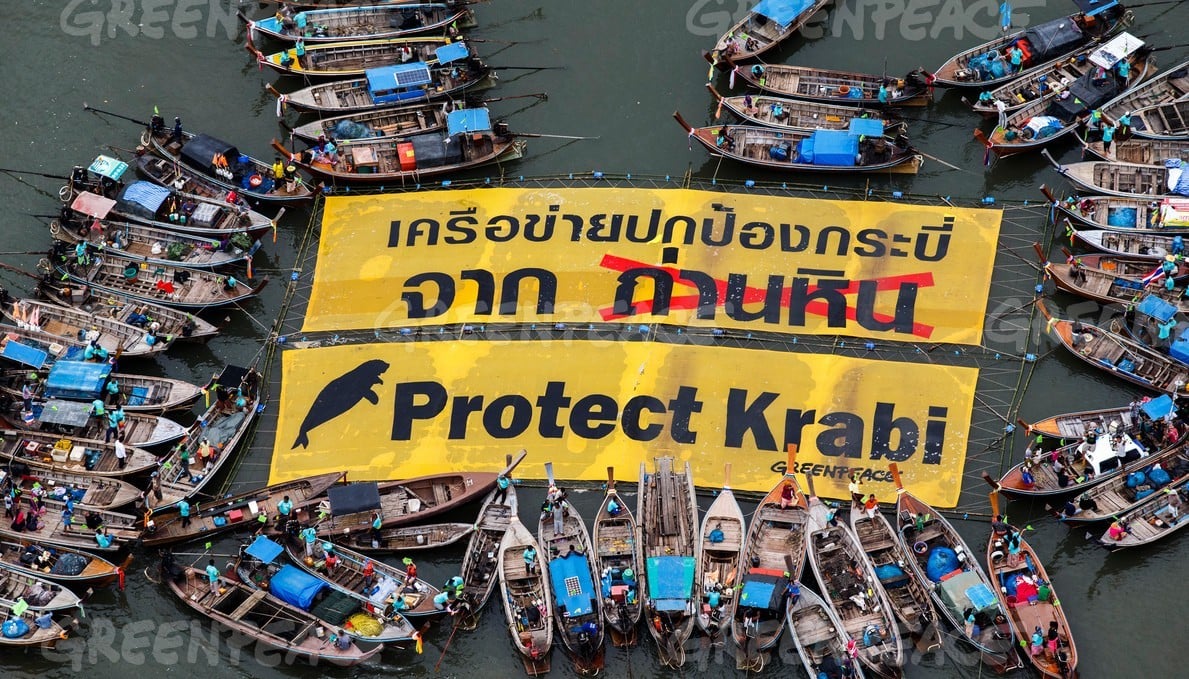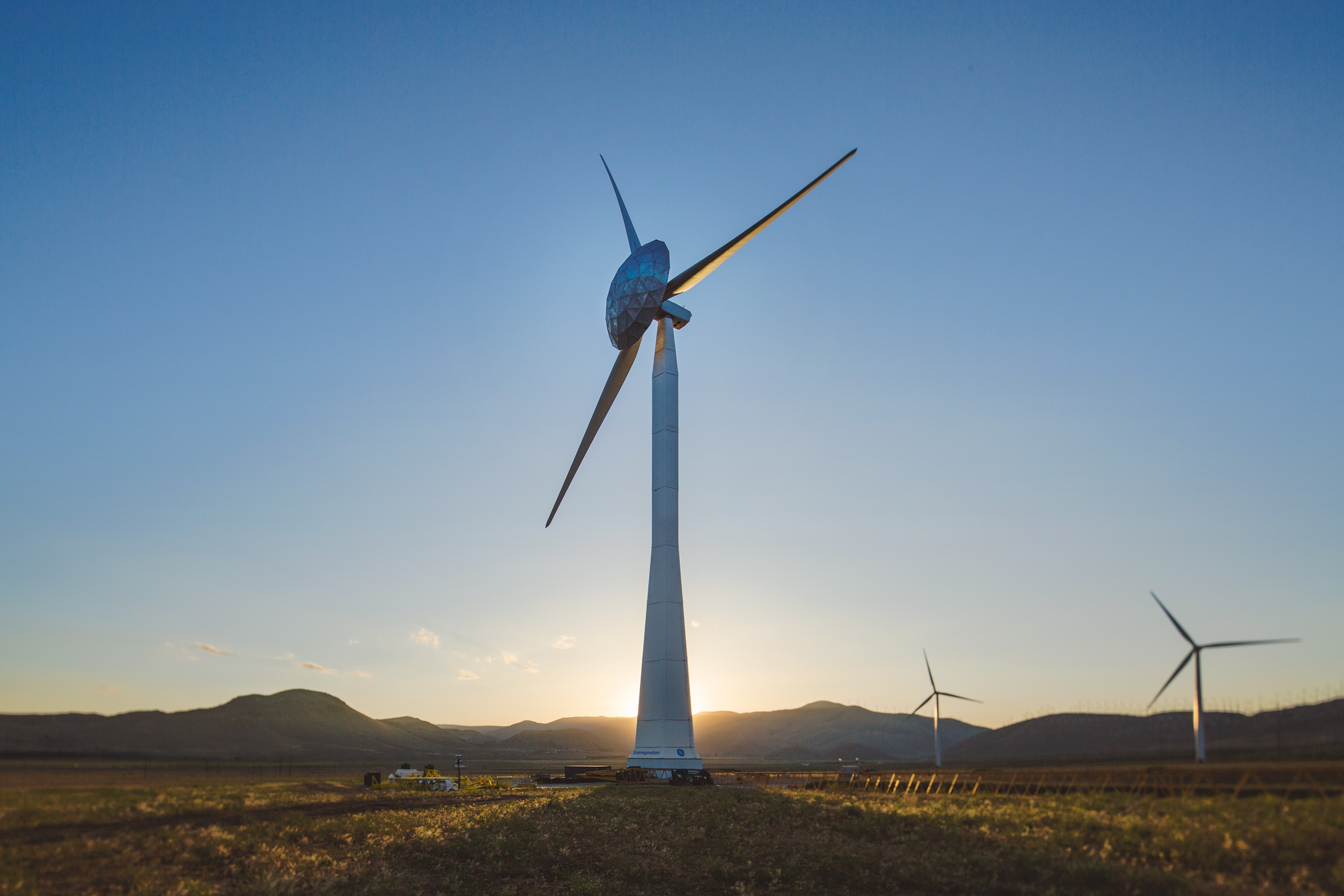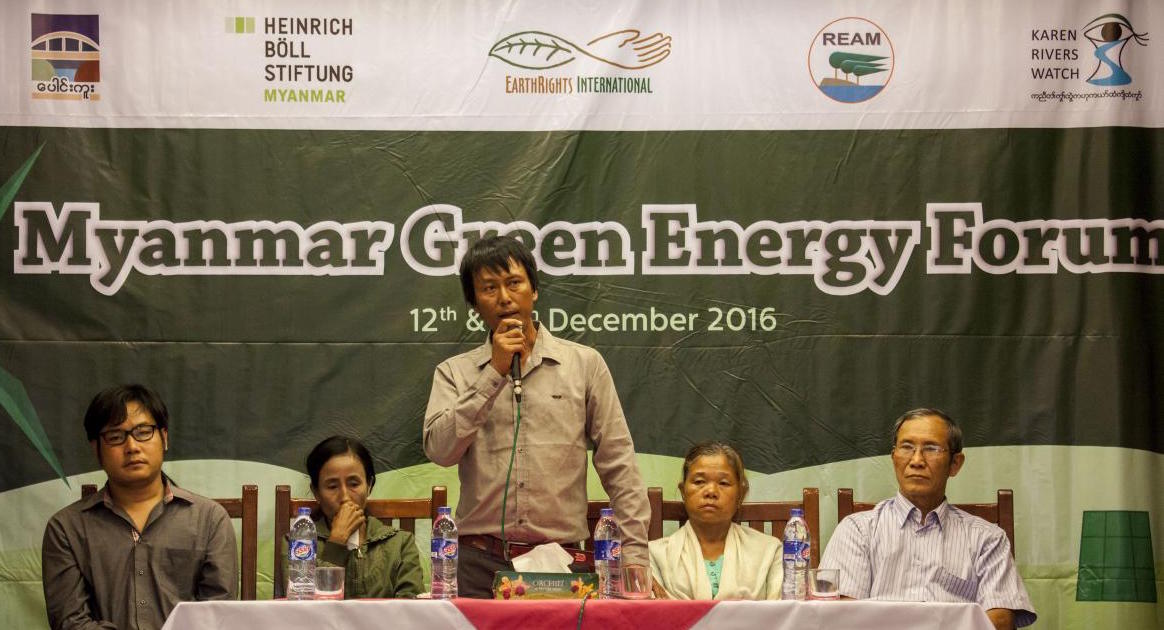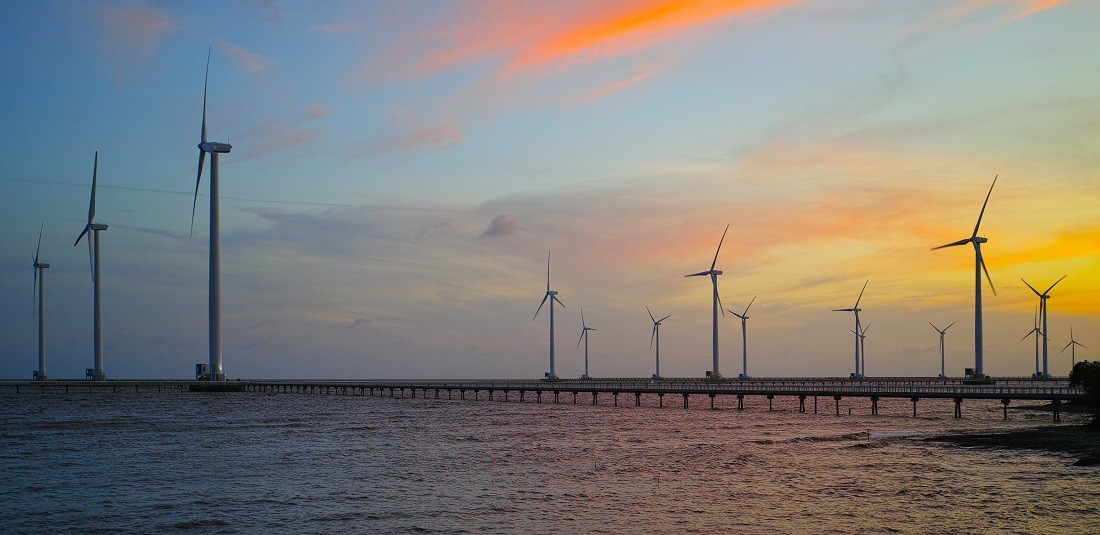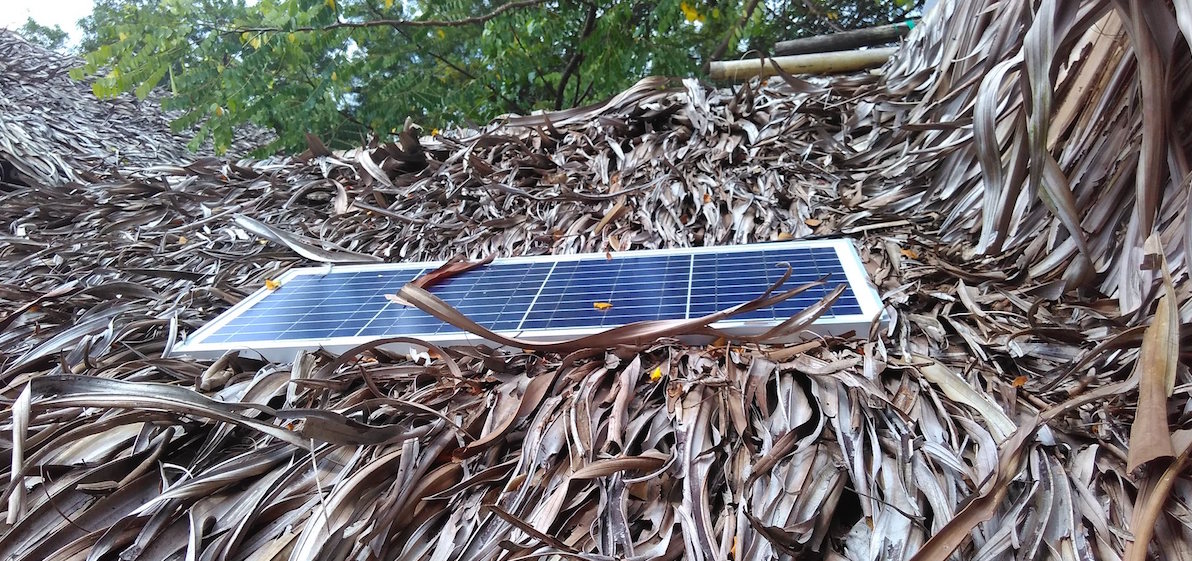A green economy does not mean a major trade-off between growth and sustainability, Tomaso Andreatta, chairman of EuroCham Green Growth Sector Committee insists.
Tag: renewable
A fresh chance to boost renewable energy
Cheers went up at the protest site when it was announced that Gen Prayut Chan-o-cha had promised to “set zero” the coal-fired power plant project in Krabi.
But the elation proved to be premature.
Ambitious Green Energy Plans in Vietnam and Cambodia proceed at snail’s pace
During the 2016 United Nations Framework Convention on Climate Change in Marrakech (COP 22) Vietnam and Cambodia professed their commitment to do their part to reduce CO2 emissions. Noting that they are both on the front lines globally in facing impacts from a warming atmosphere, the two neighbors agreed to transition their entire electricity generating portfolios to renewables.
Experts warn about environmental pollution’s impacts on GDP growth
Natural disasters and environmental pollution can reduce GDP by 0.6 per cent per year from 2016-20, according to the National Centre for Socio-economic Information and Forecast (NCIF) under the Ministry of Planning and Investment.
Therefore, changes are needed to reduce the economy’s reliance on non-renewable energy.
Decisions due on coal, gas, petroleum auctions
After a year of changes in the global and domestic energy market, Thailand can expect further challenges in the years ahead.
Of these, the most crucial issues are the development of two coal-fired power plants in the South, the retirement of the Erawan and Bongkot gas blocks and the long-delayed 21st round of new concessions for 29 petroleum blocks.
Uncertain path for Vietnam’s wind power sector
Although Vietnam has great potential for renewable energy, and the government has put forward many plans advocating it, actual policies to secure investment and develop the sector have been slow to evolve. “Development [of renewables] has not grown strongly because power prices are too low to accommodate it,” says Le Tuan Phong, the Vice Director of Energy Department, Ministry of Industry and Trade (MOIT): “Renewable energy investm
CSOs urge cancellation of coal, large hydro projects
Hundreds of civil society organisations have urged the government to formally abandon plans for coal power plants and large-scale hydropower projects and instead embrace renewable energy.
Some CSO leaders have also criticised the National League for Democracy for excluding the public from a review of the country’s energy policies.
China’s clean-energy giants on an overseas shopping spree
Chinese state-funded renewable energy firms are spreading the net overseas, as quality new projects become harder to come by at home, and have already been successful in snapping up some prime operational projects, while bidding for others, both in developed and emerging markets.
The two most active are China General Nuclear Power Group, the nation’s largest nuclear reactor developer, and China Three Gorges, the country’s biggest hydro power projects developer.
Will Vietnam launch a “Resolution 10” on renewable energy?
Vietnam has strongly committed to develop renewable energy. Experts expect implementation of these commitments will create a “Resolution 10” for the energy sector. Resolution 10 is the name of a critically important Vietnamese reform in 1988. This policy helped to liberalize the freedom and the production potential in rural and agricultural economies.
Off-grid solar to help Myanmar bring electricity to all by 2030
Four feet in length, of aggressive disposition, and deadly poisonous: you don’t want to stand on a Russell’s viper in the dark. Especially if there’s no antivenom for miles around. Yet that’s the daily predicament facing millions of villagers in Myanmar, where snakebites cause about 500 deaths every year.
In Yin Ma Chaung, a rural settlement about nine hours by car from Yangon, villagers can rest easier knowing there are doses of antivenom chilling securely in a new refrigerator in the village’s community centre, powered by solar.



